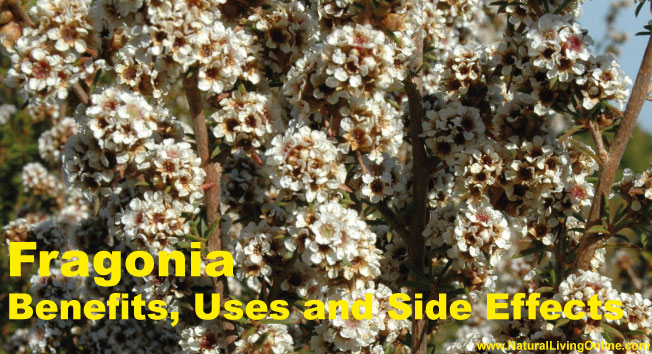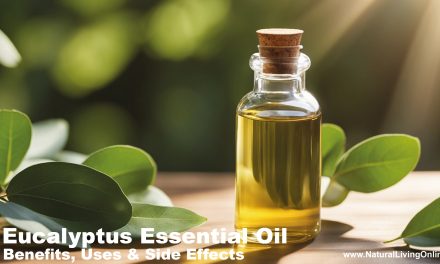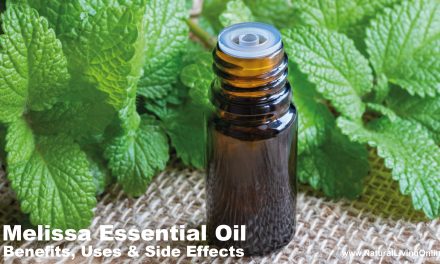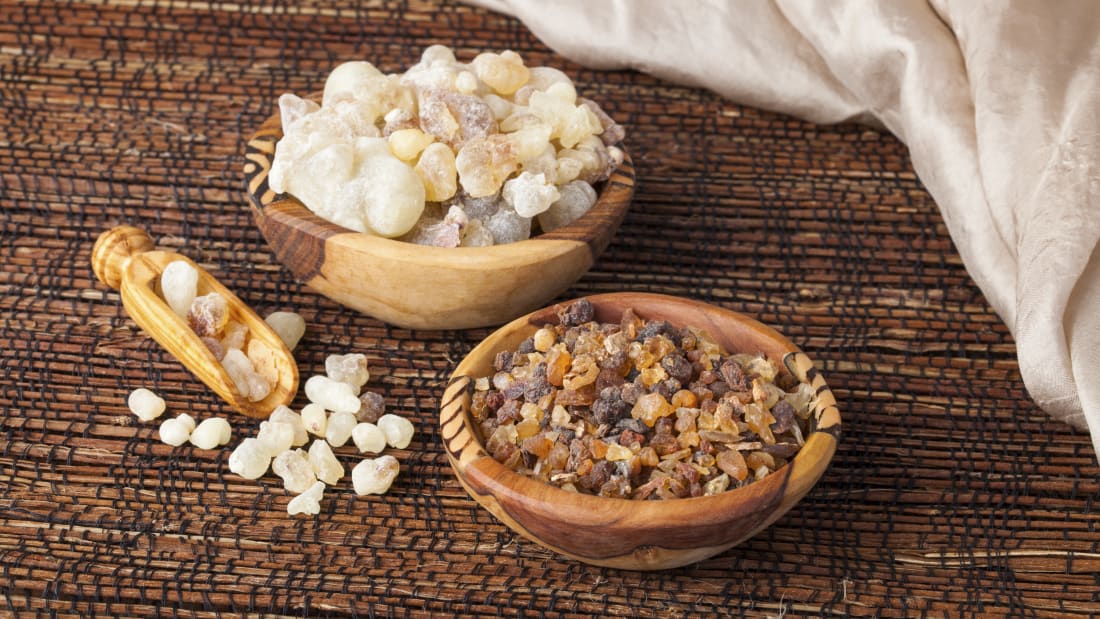Fragonia (Agonis fragrans) is a shrub native to Western Australia. The oil is steam distilled from the leaves and twigs. Fragonia essential oil is good for many things due to its anti-inflammatory, antimicrobial, and antioxidant properties. The oil can be used topically, inhaled, or diffused. It reduces inflammation, helps to heal wounds, fights bacteria and other microbes, helps to relieve pain, reduces anxiety and stress, boosts the immune system, and improves digestion.
What is Fragonia?
Fragonia (Agonis fragrans) is a shrub that grows up to 3 meters in height. It is native to Western Australia and is found in the south-west region of the state. The shrub has long, slender leaves and small white or pink flowers.
Different types of Fragonia:
There are two types of Fragonia, the more common being Fragonia agonis and the less common being Fragonia eucalyptus. Fragonia agonis is the more commonly used type in essential oils and has a higher concentration of the chemical component known as terpinen-4-ol.
How Fragonia Essential Oil is made?
The oil is steam distilled from the leaves and twigs of the shrub. Fragonia essential oil has a fresh, herbaceous, and slightly floral smell. It is a pale yellow or greenish color and is thinner than other essential oils.
What is the botanical name of Fragonia?
The botanical name for Fragonia is Agonis fragrans.
The chemical constituents of Fragonia essential oil (Fragonia Essential Oil Monograph):
– Terpinen-4-ol (29.5%)
– α-terpineol (11.8%)
– 1,8-cineole (8.4%)
– α-pinene (7.1%)
– p-cymene (5.5%)
– α-terpinene (4.8%)
– limonene (3.7%)
– β-pinene (3.1%)
– α-terpinolene (2.5%)
What are the benefits of Fragonia Essential Oil?
The following are some potential benefits of fragonia essential oil:
1. Reduces inflammation
2. Helps to heal wounds
3. Fights bacteria and other microbes
4. Helps to relieve pain
5. Reduces anxiety and stress
6. Boosts the immune system
7. Improves digestion
“The results obtained indicate that linalool and the corresponding acetate play a major role in the anti-inflammatory activity displayed by the essential oils containing them, and provide further evidence suggesting that linalool and linalyl acetate-producing species are potentially anti-inflammatory agents.”
Source
What are the side effects of Fragonia essential oil?
Fragonia essential oil is generally safe for most people when used properly. Possible side effects include skin irritation, headaches, and nausea. If you experience any side effects, stop using the oil and consult a healthcare professional.
Possible drug interactions:
Fragonia essential oil may interact with certain medications, such as blood thinners and blood pressure medications. If you are taking any medications, talk to your healthcare provider before using fragonia essential oil.
What are ways to use Fragonia Essential Oil?
Here are some ways you can use fragonia essential oil:
Topical use: You can apply the oil directly to your skin or add it to a carrier oil like jojoba or coconut oil.
Inhaling: You can inhale the oil directly from the bottle or diffuser.
Diffusing: Add a few drops of oil to a diffuser.
Fragonia essential oil should not be used by:
– Children under the age of 2
– Pregnant or breastfeeding women
– People with allergies to the Asteraceae/Compositae family of plants, such as chamomile, daisies, marigolds, and ragweed
– People with an autoimmune disease
– People with bleeding disorders
– People taking blood thinners or other medications that can increase the risk of bleeding
Can I use Fragonia Essential Oil internally?
No, fragonia essential oil should not be taken internally.
What can Fragonia Essential Oil be used for topically?
Fragonia essential oil can be used to reduce inflammation, help heal wounds, fight bacteria and other microbes, relieve pain, and improve digestion.
To reduce inflammation: Add a few drops of fragonia essential oil to a carrier oil like jojoba or coconut oil and apply it to the affected area.
To relieve pain: Add a few drops of fragonia essential oil to a diffuser or apply it directly to the affected area.
How Fragonia Essential Oil helps in aromatherapy?
Fragonia essential oil has a fresh, herbaceous, and slightly floral smell. It can be used in aromatherapy to reduce anxiety and stress, boost the immune system, and improve digestion.
Great Essential Oil diffuser blends for aromatherapy with Fragonia Essential Oil:
To reduce stress and anxiety:
– 2 drops of fragonia essential oil
– 2 drops of lavender essential oil
– 2 drops of lemon essential oil
To boost the immune system:
– 2 drops of fragonia essential oil
– 2 drops of rosemary essential oil
– 2 drops of eucalyptus essential oil
To improve digestion:
– 2 drops of fragonia essential oil
– 2 drops of ginger essential oil
– 2 drops of peppermint essential oil
How can I use Fragonia Essential Oil in bath?
You can add a few drops of fragonia essential oil to your bathtub or shower. The steam will help to release the oil’s therapeutic benefits.
Historical use of Fragonia as a herbal medicine:
Fragonia has been used as a herbal medicine for centuries. The oil was traditionally used to treat a variety of conditions, including inflammation, pain, and digestive problems.
What blends well with Fragonia Essential Oil?
Fragonia essential oil blends well with lavender, lemon, rosemary, eucalyptus, and peppermint essential oils.
What does not blend well with Fragonia Essential Oil?
Fragonia essential oil does not blend well with mint essential oils.
What does Fragonia Essential Oil smell like?
Fragonia essential oil has a fresh, herbaceous, and slightly floral smell.
Can I make Fragonia Essential Oil at home with infusion method?
No, you cannot make fragonia essential oil at home with the infusion method. The oil is produced through a process of steam distillation.
What is the shelf life of Fragonia Essential Oil?
The shelf life of fragonia essential oil is 2-3 years.
Is Fragonia Essential Oil safe for kids?
No, fragonia essential oil should not be used by children under the age of 2.
Can Fragonia Essential Oil be used on pets?
Yes, fragonia essential oil can be used on pets. It is safe for dogs and cats. Consult your veterinarian before using.
DIY recipes using Fragonia Essential Oil:
1. Anti-inflammatory body cream:
– 1/4 cup of shea butter
– 1/4 cup of cocoa butter
– 1/4 cup of coconut oil
– 1 teaspoon of fragonia essential oil
– 1 teaspoon of lavender essential oil
– 1 teaspoon of rosemary essential oil
2. Wound-healing ointment:
– 1/4 cup of coconut oil
– 1 teaspoon of fragonia essential oil
– 1 teaspoon of lavender essential oil
3. Antibacterial and antifungal spray:
– 1/4 cup of witch hazel
– 1/4 cup of water
– 1 teaspoon of fragonia essential oil
– 1 teaspoon of lemon essential oil
4. Stress-relieving diffuser blend:
– 2 drops of fragonia essential oil
– 2 drops of lavender essential oil
– 2 drops of lemon essential oil
5. Immune-boosting diffuser blend:
– 2 drops of fragonia essential oil
– 2 drops of rosemary essential oil
– 2 drops of eucalyptus essential oil
Fragonia Essential Oil Precautions:
Fragonia essential oil is generally safe for most people. However, there are a few precautions to be aware of. If you are pregnant or breastfeeding, consult your healthcare provider before using. If you have a history of seizure disorders, consult your healthcare provider before using. Avoid using fragonia essential oil if you are allergic to plants in the Asteraceae family, such as chamomile and daisy.
This website does not provide medical advice.
All information provided on this website, and on associated social media networks, including but not limited to texts, images, and numbers are for general information purpose only. It is not intended as medical advice and it does not include all possible precautions, side effects, or interactions that may occur. Neither NaturalLivingOnline.com nor its author/founder take responsibility for how you use this information. Statements contained on NaturalLivingOnline.com have not been evaluated by the FDA. You should conduct thorough research via multiple sources and consult your physician or qualified doctor before using any essential oil or herbal remedy. Information on NaturalLivingOnline.com must not be relied upon for medical, legal, financial or other decisions.













